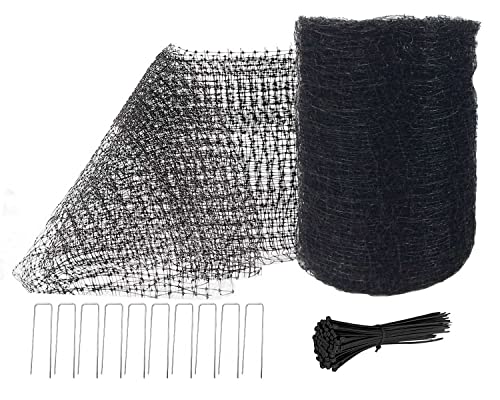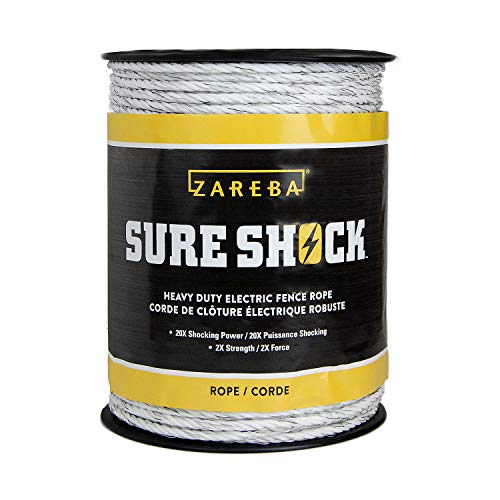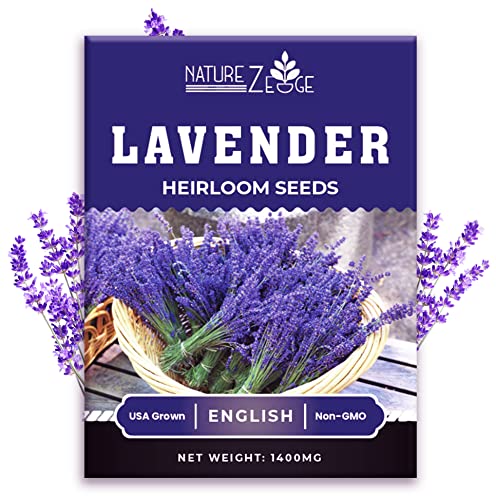As a passionate nature lover with expertise in everything about deer, I have observed that these herbivorous creatures can be a nuisance to homeowners who love planting mums, especially when no other food is available. If you are wondering, “Do deer eat mums?”
Unfortunately, the answer is yes. But, the good news is that there are simple steps you can take to protect your garden from these beautiful animals. In this blog post, I will provide you with tips to safeguard your mums and preserve your landscape.
Do Deer Love Mums?
Deer, being herbivorous creatures, primarily feed on a range of plants, including flowers. Mums, commonly known as chrysanthemums, are no exception, especially if no other food is available. Hence, if you reside in a region where deer are prevalent, there is a high probability that your mums might become their prey.
However, there are several precautions that homeowners can undertake to safeguard their flowers, such as using deer-repellent sprays or creating protective barriers around the plants.
Protecting Your Garden from Deer Damage: Everything You Need to Know
Deer can be a major nuisance when it comes to gardening because they can cause significant damage to plants. If you have a garden that you want to protect, there are several things you can do to keep deer from eating your plants. Here are some tips to keep in mind.
Understanding the Risk: Do Deer Eat Mums?
Homeowners often adorn their gardens with mums, a popular and visually-appealing plant. However, this beauty can be marred by dear damage, as these animals have a tendency to consume mums when their usual food supply is lacking. Therefore, homeowners who live in areas where deer roam should note that their mums may be at risk of being consumed.
Identifying Signs of Deer Damage in Your Garden
If you suspect that deer are eating your plants, there are several signs you can look for. Some of these signs include damaged leaves and stems, missing fruits, and broken branches. You may also notice footprints and droppings near the damaged plants. Identifying these signs can help you take action to protect your garden.
Techniques for Making Your Garden Deer-Resistant
There are several techniques you can use to make your garden deer-resistant:
1. Physical Barriers
Physical barriers are also effective in keeping deer out of your garden. Some popular options include metal wire fencing, polypropylene mesh fencing, and chain link fencing.
Here’s one of the best physical barriers to protect your plants from deer:
As an alternative, also using a transparent fishing wire can be an effective barrier against deer. Place 2 or 3 lines at the right height so that the deer’s body and antlers will touch it. This is a very cheap but effective solution. However, you will have to be careful and remember where you placed the fishing wire or you may get hurt.
Electric fences are also available, but they can be potentially dangerous to deer and other animals. Here’s the best electric fence for deer, it is solar powered!
2. Using Deer-Resistant Plants to Your Advantage
Another technique is to plant deer-resistant flowers and plants. These include plants like daffodils, lavender, and marigolds, butterfly weed, yarrow, and Russian sage, which deer tend to avoid. By incorporating these plants into your garden, you can create a natural barrier that helps keep deer from damaging your other plants.
3. Motion-Activated Devices
Motion-triggered devices that squirt water or make a loud noise when deer are near can be effective deterrents to protect your garden. Remember, it’s important to always take humane measures when dealing with deer.
Here’s the best motion-activated sprinkler for deer:
4. Ultrasounds
Deer are sensitive to sound and an ultrasound device can be quite annoying for them, so they will likely prefer to leave for a more quiet area. The good thing is that humans can barely hear ultrasound, so your garden will still feel very quiet to you.
Finally, you can purchase a device that spreads ultrasound only when there’s some motion detected in your garden. Here’s the best ultrasonic device for deer, it’s motion-activated and solar-powered:
5. Deer repellents
One effective method is to use deer-repellent sprays. These sprays are designed with smells that are unpleasant to deer, and they can help keep the animals away from your garden.
However, you will need to reapply the spray after the rain and in any case quite regularly, or it may lose its effectiveness.
Additional Resources for Deer-Resistant Gardening
If you’re looking for more information on how to protect your garden from deer damage, there are several resources available online. The National Wildlife Federation has a wealth of information on deer-resistant gardening, including lists of deer-resistant plants and tips for keeping deer out of your yard. You can also consult with your local nursery or garden center for advice on deer-resistant gardening in your area.
FAQ
Do deer consume autumn mums?
Deer might be attracted to the vibrant colors and sweet fragrance of fall mums, which can make them a target for grazing. However, taking preventative measures and ensuring proper care can help minimize the damage caused by hungry deer. Keep in mind that mums are not known for being particularly deer-resistant, but they can bounce back quickly after being nibbled on.
Do wild rabbits consume chrysanthemums?
Mums are a popular ornamental plant that can attract the attention of various animals, including wild bunnies. While not a primary food source for them, bunnies may occasionally nibble on mum plants if they are easily accessible. To prevent this, it is recommended to protect the plants using fencing or other physical barriers that can deter bunny access. Additionally, providing alternative food sources for bunnies can help redirect their attention away from the mums.
Do deer grazing kill mums or will they regrow?
Mums have a powerful scent that attracts deer, making it important to protect them from grazing. Although they are not deer-resistant, the plants are resilient and can recover quickly after being eaten. With proper care and maintenance, mums can bounce back from deer damage and thrive. So, the answer is yes, mums will grow back after being eaten by deer with some nurturing care.
Conclusion
So, do deer eat mums? The answer is a resounding yes! But don’t worry, you don’t have to say goodbye to your beloved flowers just yet. With a few simple tips, you can protect your garden and keep those pesky deer at bay.
From sprays to barriers, there are plenty of options available to keep your mums safe and secure. So go ahead and plant those beautiful chrysanthemums with confidence, and let’s outsmart those hungry deer together!
You may also be interested in reading:










